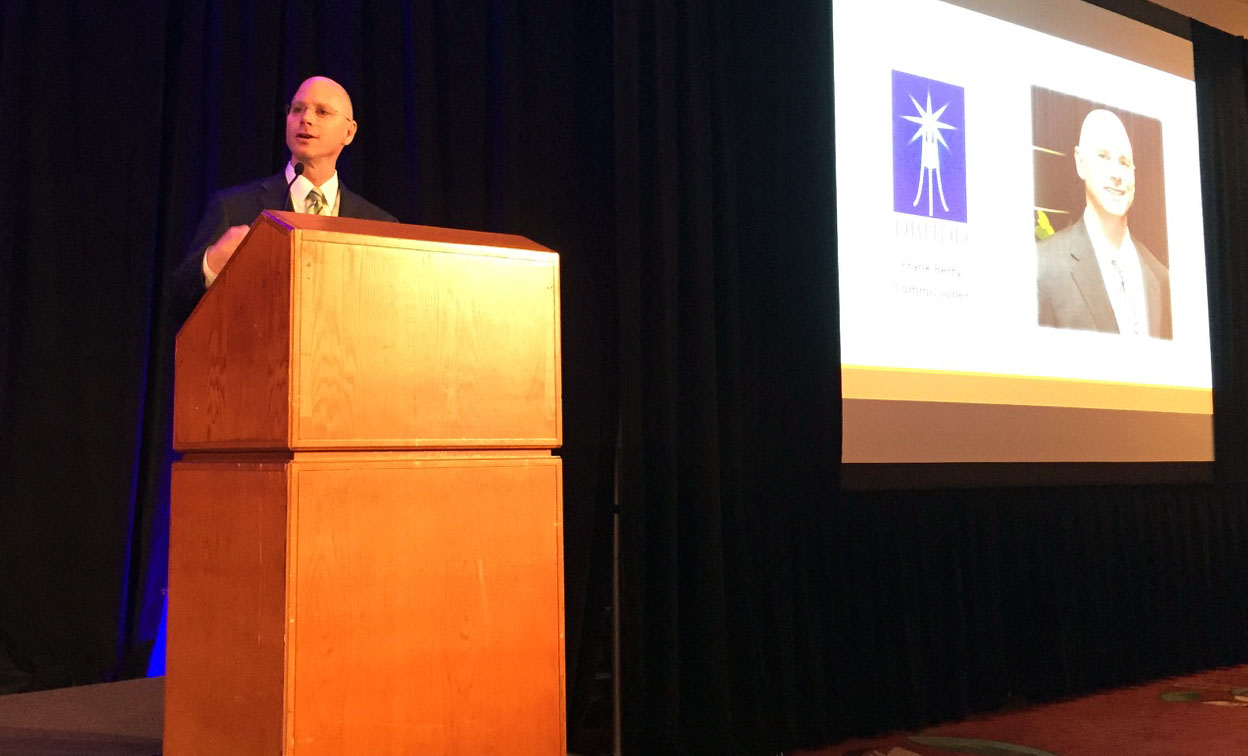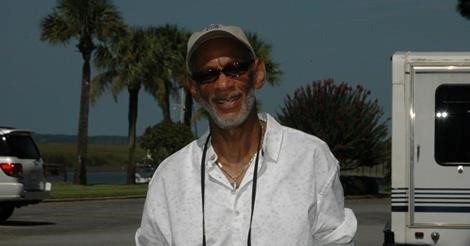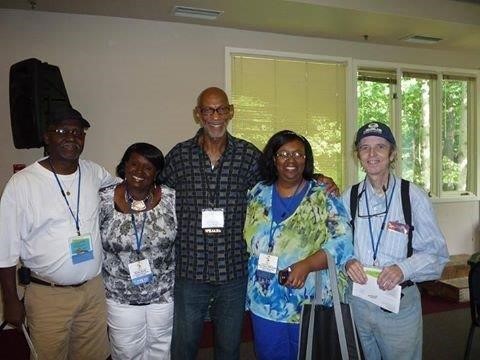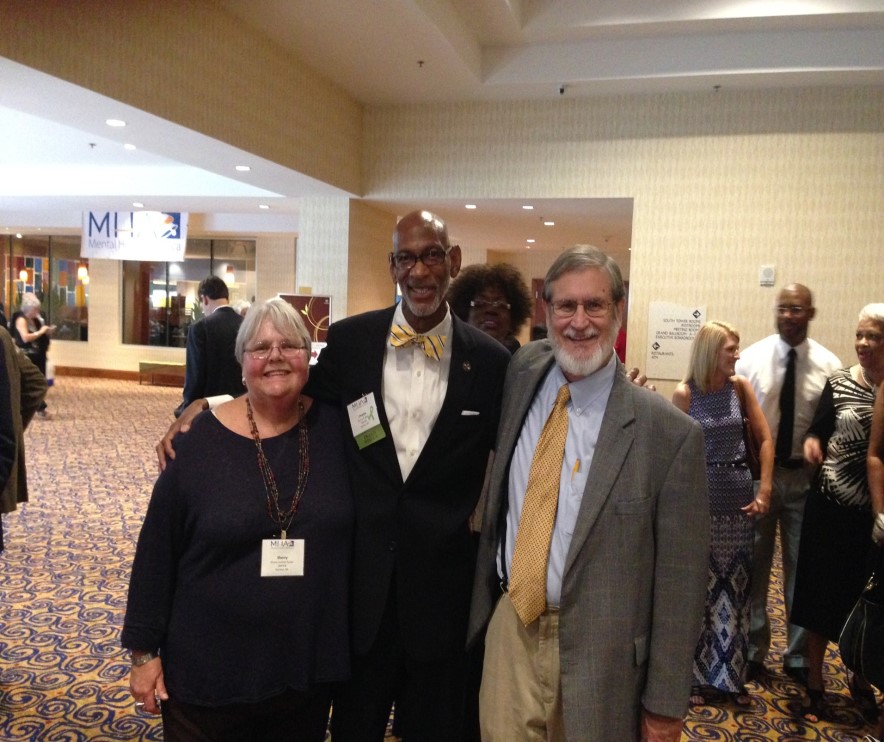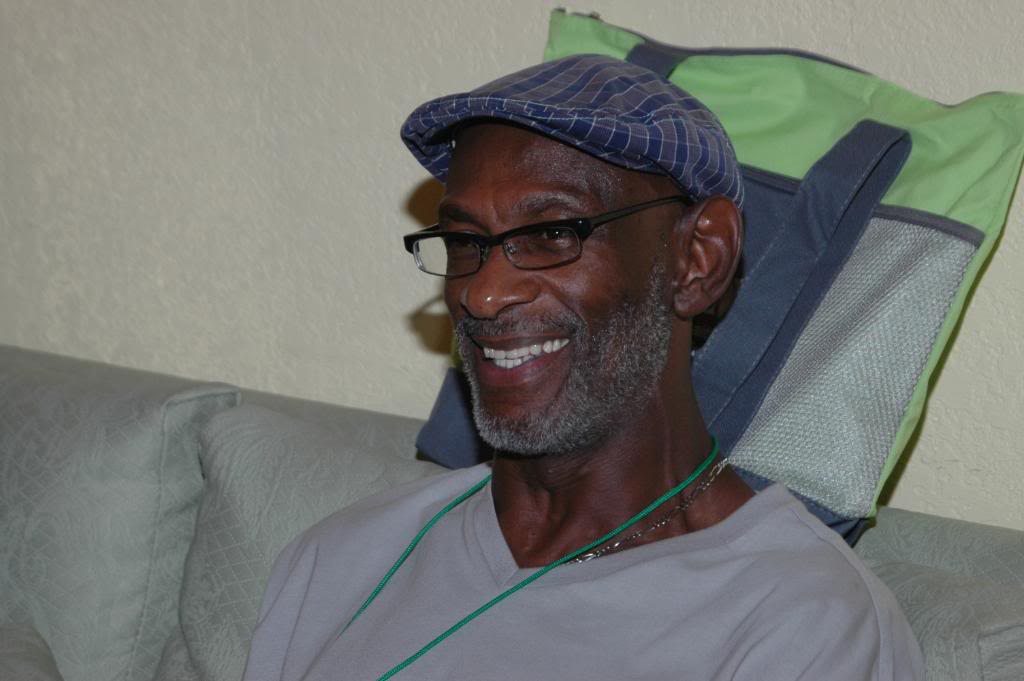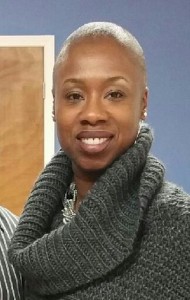 Dana Scott, MSN, RN, is the director of DBHDD’s new Office of Health and Wellness under the Division of Developmental Disabilities. The office was established as part of the department’s reorganization to be centrally managed and functionally aligned.
Dana Scott, MSN, RN, is the director of DBHDD’s new Office of Health and Wellness under the Division of Developmental Disabilities. The office was established as part of the department’s reorganization to be centrally managed and functionally aligned.
Dana has worked for DBHDD since 2008 in various positions, including nurse manager, associate nurse executive and nurse executive. She also started the department’s quality unit for nurses. Dana has been a nurse for nearly 18 years. Her first leadership role was director of child and adolescent services for the University of Maryland Medical Center, where she focused on inpatient care, partial day programming and expanding community-based services. Dana holds a bachelor’s degree from North Carolina A&T and a master’s degree from the University of Alabama.
We interviewed Dana to learn more about the new Office of Health and Wellness.
When did you start in your new role?
I officially started on May 1.
What do you see as the role of the Office of Health and Wellness?
When you take on a new position, you start with a vision. Since I began in this role, I was encouraged by Dan Howell [director of the Division of Developmental Disabilities] to spend time touring and talking to the people in DBHDD’s regional offices who work directly with our individuals. I jumped on this opportunity because I believe that we are only as successful as the people who do the work, touch the individuals and make the difference. The process has really helped me to understand their expectations of what the Office of Health and Wellness should do to help them do their jobs better.
So the vision has evolved. In about a month, we have developed a shared vision through the incorporation of feedback from the people actually doing the work. This helps us look at what our priorities need to be to help the individuals we serve. Our focus is twofold:
- What should we be doing right now, and how does the Office of Health and Wellness ensure that it happens?
- What are some of the initiatives and priorities we need to set in the future? For example, establishing frameworks for preventive care.
Tell us about the listening tour.
The listening tour has been focused on DBHDD’s regional field offices. We started about a month and a half ago. Almost immediately after I accepted the position, Ron Wakefield [director of the Office of Field Operations under the Division of Developmental Disabilities] and I began a tour of each of DBHDD’s six regions where we met with staff in different positions who are responsible for supporting individuals who are in the community or transitioning to the community. We used guided questions to help us understand what the staff need to help them do their jobs better, but mainly we just sat there and listened.
The response has been welcoming and positive. People are excited, and there seems to be energy and synergy, like ‘things are changing, and I think we like where they are going.’ As we’ve talked to staff at the regions, it’s so very evident that these people are doing what they love. They want to do it at a level of best practice, and they are excited about the fact that people from the central office are coming, and asking, and supporting them.
Have you completed the tour?
We have visited five of our regions and will visit the last region before the end of June. The goal of the listening tour is to get feedback, but our plan is not to stop there. We want to have a presence in the regions. We have committed to become familiar faces.
We’ve put together seven or eight pages of responses from each region. After we review all of the feedback and begin to put things in place, we need to get back to these folks and say, “not only do we want your input about what to do, but we need your feedback on the most efficient ways to do it—because ultimately, what we put in place has to facilitate you getting it done.” We want this to be an ongoing relationship.
So what does the Office of Health and Wellness look like right now?
We are starting from scratch and working on a proposal that includes where we want to go and the resources we need to accomplish our goals. It is my hope that the office will be interdisciplinary, so that all disciplines within the community are represented and advocated for.
Are you the only employee in the Office of Health and Wellness right now?
At the moment, yes. However, the need for the office has existed for some time, so health and wellness functions have been carried out by people who, though not officially in the Office of Health and Wellness, have stepped up.
Do you have a timeline of when and how the office will be built out?
The timeline will be carefully scrutinized to ensure that we are doing the right things at the right time. We have to balance the urgency of the need while being meticulous enough to make sure that we don’t rush and miscalculate what needs to be implemented at what times for what reasons.
Is there anything that we haven’t talked about that you would like to add?
I think that it’s important to give credit where credit is due. This work has been a combination of very supportive leadership and dedicated staff and team members. It is truly the result of people willing to be a team.
What about you?
My energy and the commitment I have to DBHDD’s vision and mission come from the fact that I’m a nurse first—I started out touching people. As a result, I appreciate my responsibility for helping people do their jobs effectively and helping them get the same level of job satisfaction I’ve had throughout my career. I may not have done this job before, but I’m willing to get in the trenches. I’m willing to ask the questions. I’m willing to get out there and find out what is needed to get the work done.
Why are you most excited to be a part of this new initiative?
The individuals we serve are an inspiration. No matter how hard the work is, you want to come to work every day and advocate.
